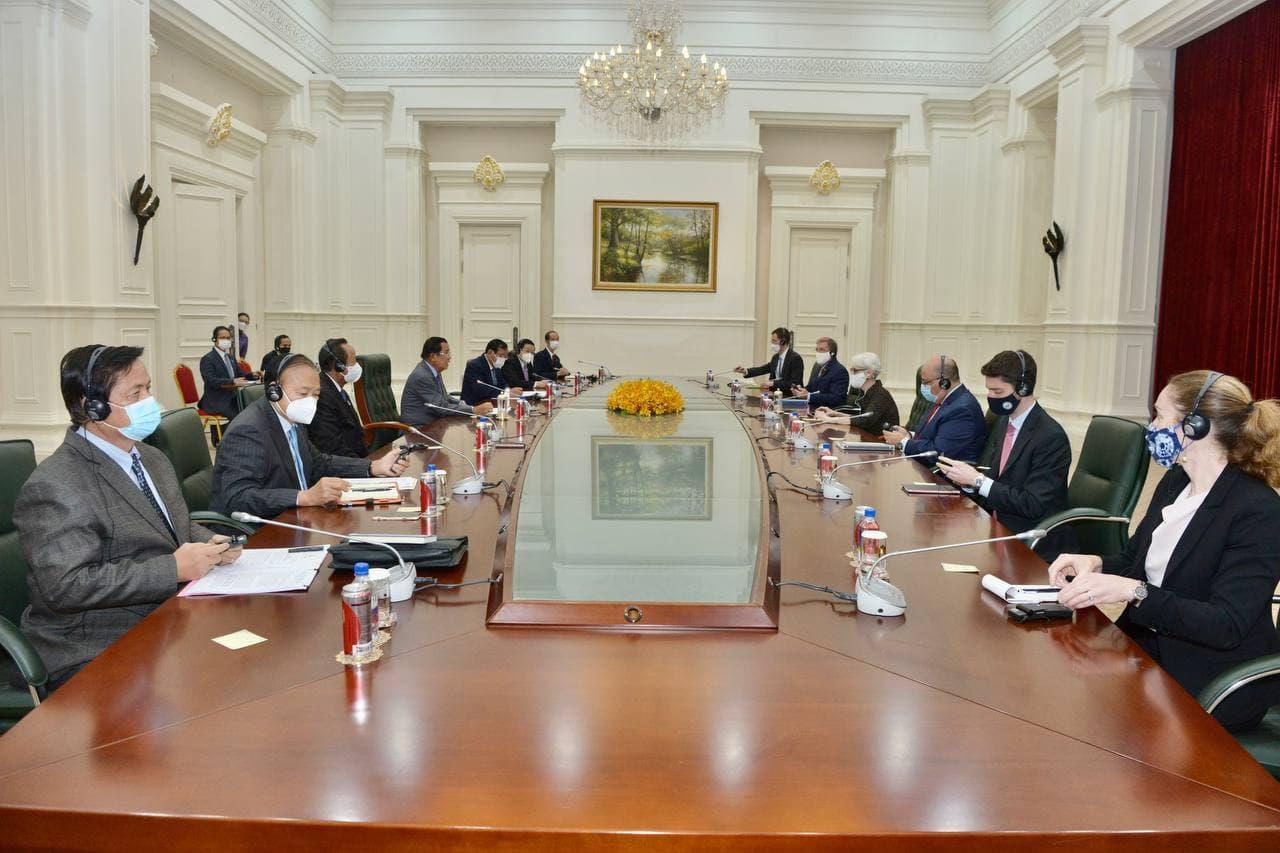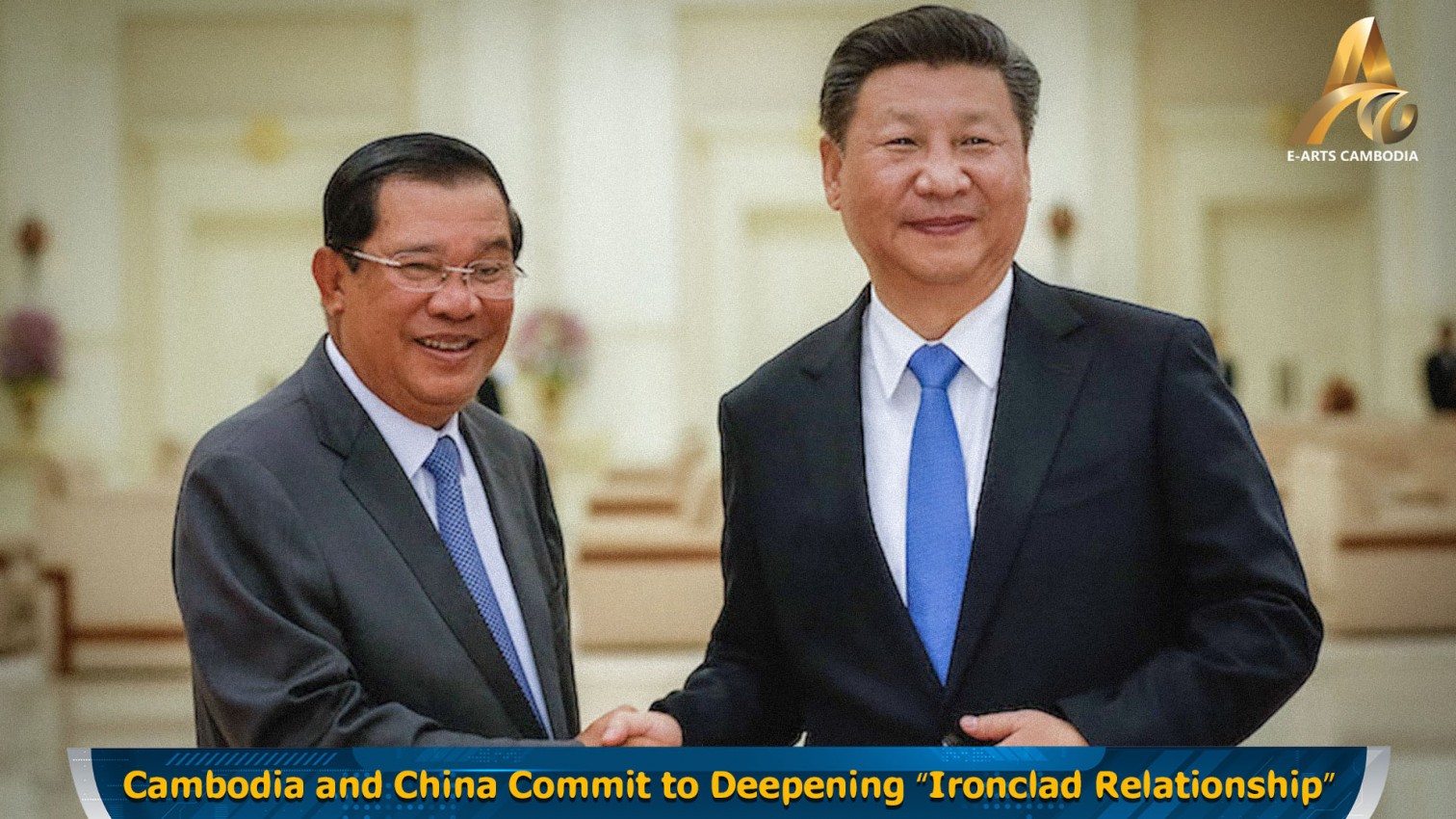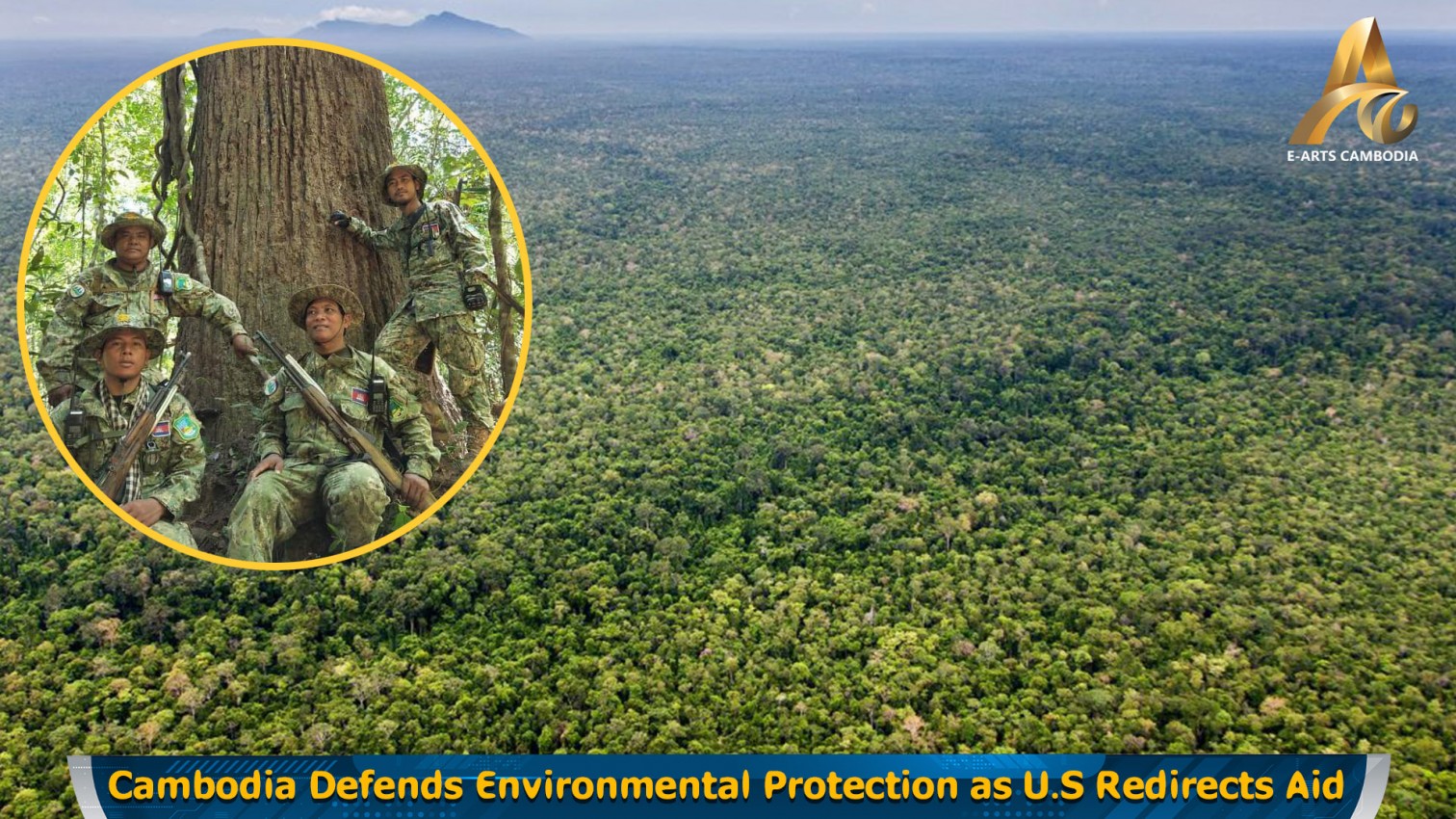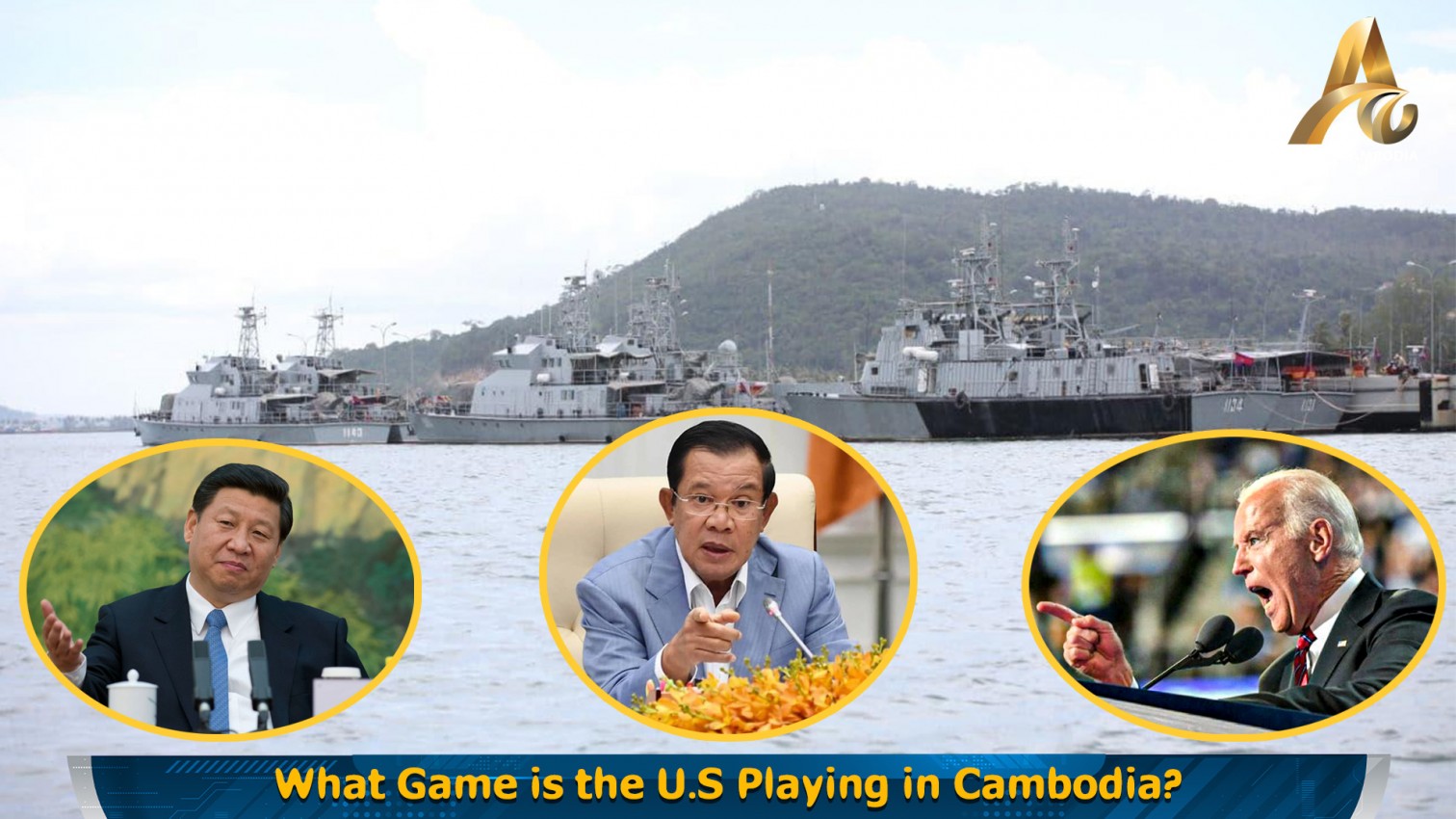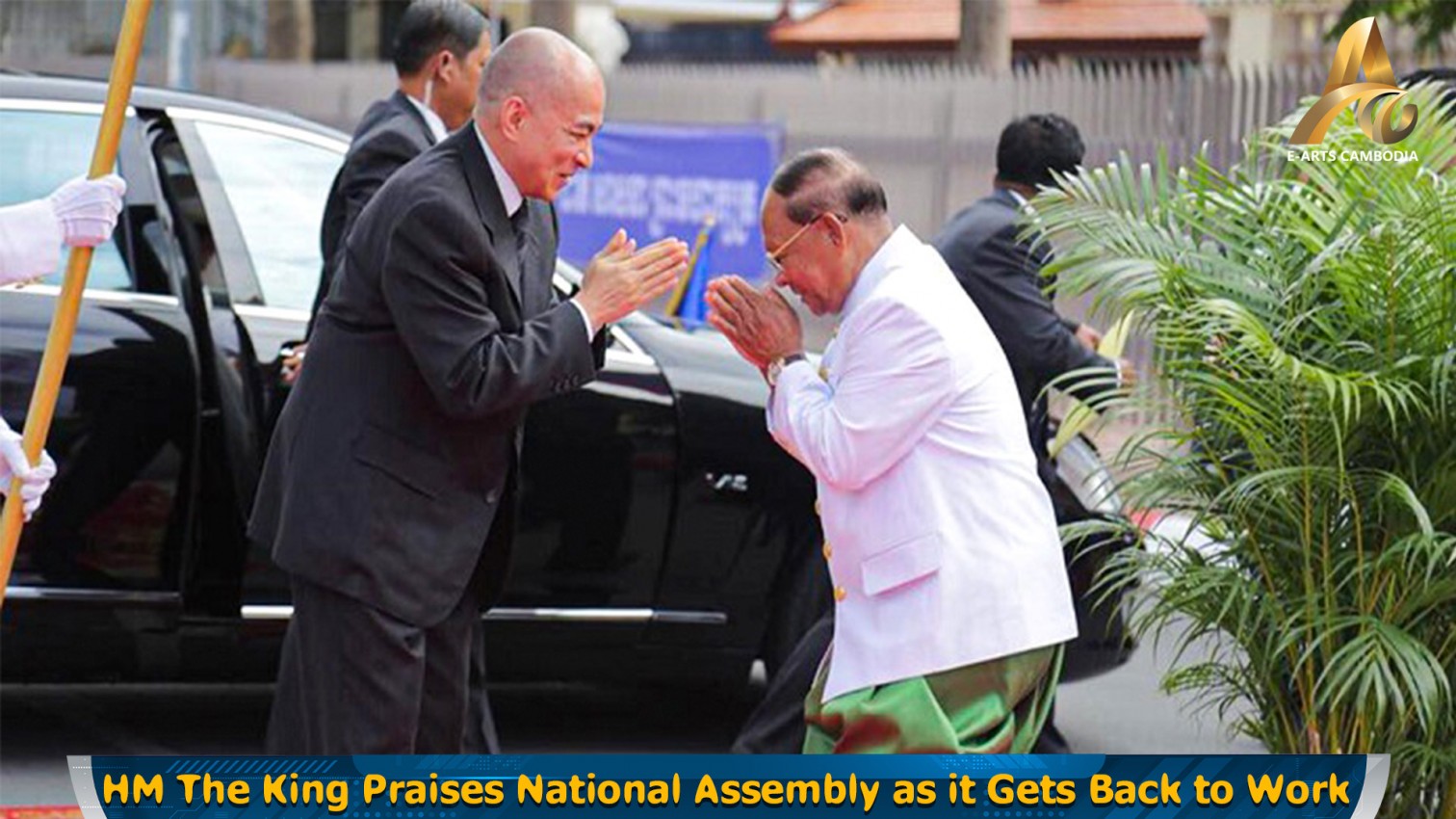Editorial: It has been a rough few weeks for Washington’s relationship with Cambodia. It’s been making a seemingly feeble attempt to cosy up to the kingdom amidst its ongoing battle with Beijing for influence in Southeast Asia. It’s a battle which, at worst, it appears to have already lost, at best, one which needs a strategic rethink. Either way, its recent diplomatic steps, and missteps have given many an observer whiplash. You can’t help but wonder what the U.S is trying to achieve or whether it’s now shot itself in the foot.
It all started with an impressive, if not a slightly surprising, announcement that the U.S Deputy Secretary of State would be visiting Phnom Penh as part of her whistle-stop tour of Southeast Asia. At first glance, including Cambodia in a tour that would also take in Indonesia and Thailand seemed pretty odd. Sure, there’s an American diplomatic presence in Cambodia, but the bilateral relationship has been under strain ever since the days of the Vietnam War when American planes carpet-bombed southern Cambodia in the hope of turning the tide against Ho Chi Minh. To make matters worse, the U.S then cynically loaned Cambodia millions of dollars to buy the food and rebuild the infrastructure that its own military had blown to smithereens. That war-era debt, now well over half a billion dollars’ worth, remains a thorn in Cambodia’s side.
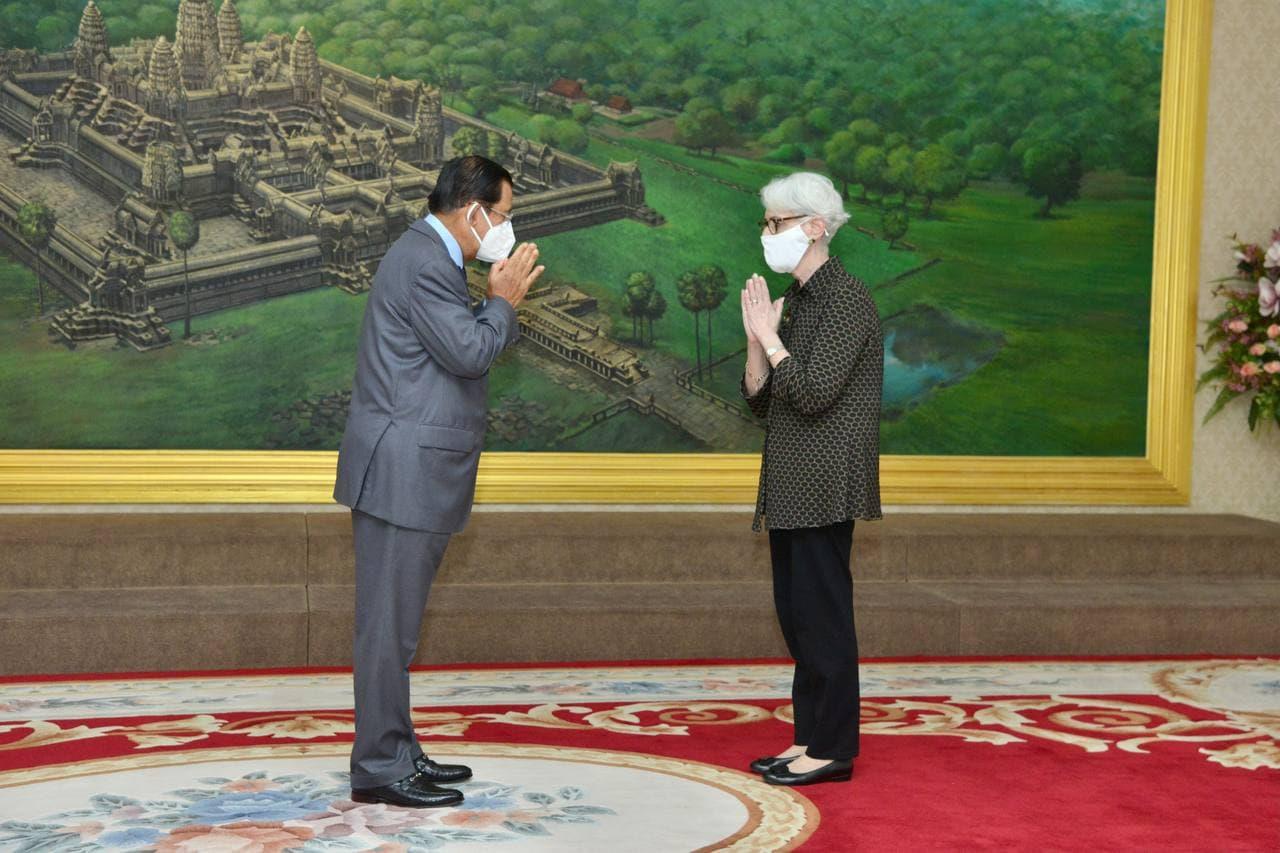
Fast forward to 1 June 2021 and Wendy Sherman arrives in Phnom Penh and meets with Prime Minister Hun Sen, ostensibly to talk trade and improved ties, but it quickly becomes clear that her primary concern is the Ream Naval Base on the Gulf of Thailand. She requests that officials be allowed to visit and permission is quickly granted. A week later, the U.S Embassy’s defense attaché pitches up at Ream but then promptly cancels his visit on the grounds that he’d not being given “full access”.
But just hang on a minute. “Full access”? Think about that for a moment. Washington seriously thought that Cambodia would give free rein and unfettered access to a military installation to an official of a foreign power. How arrogant can you be? No country on Earth grants “full access” to its military bases to foreign officials. You can just imagine what Washington’s own response would be if Cambodia suddenly requested “full access” to Camp Humphreys, America’s largest naval base in the Asia-Pacific region, which is located in South Korea.
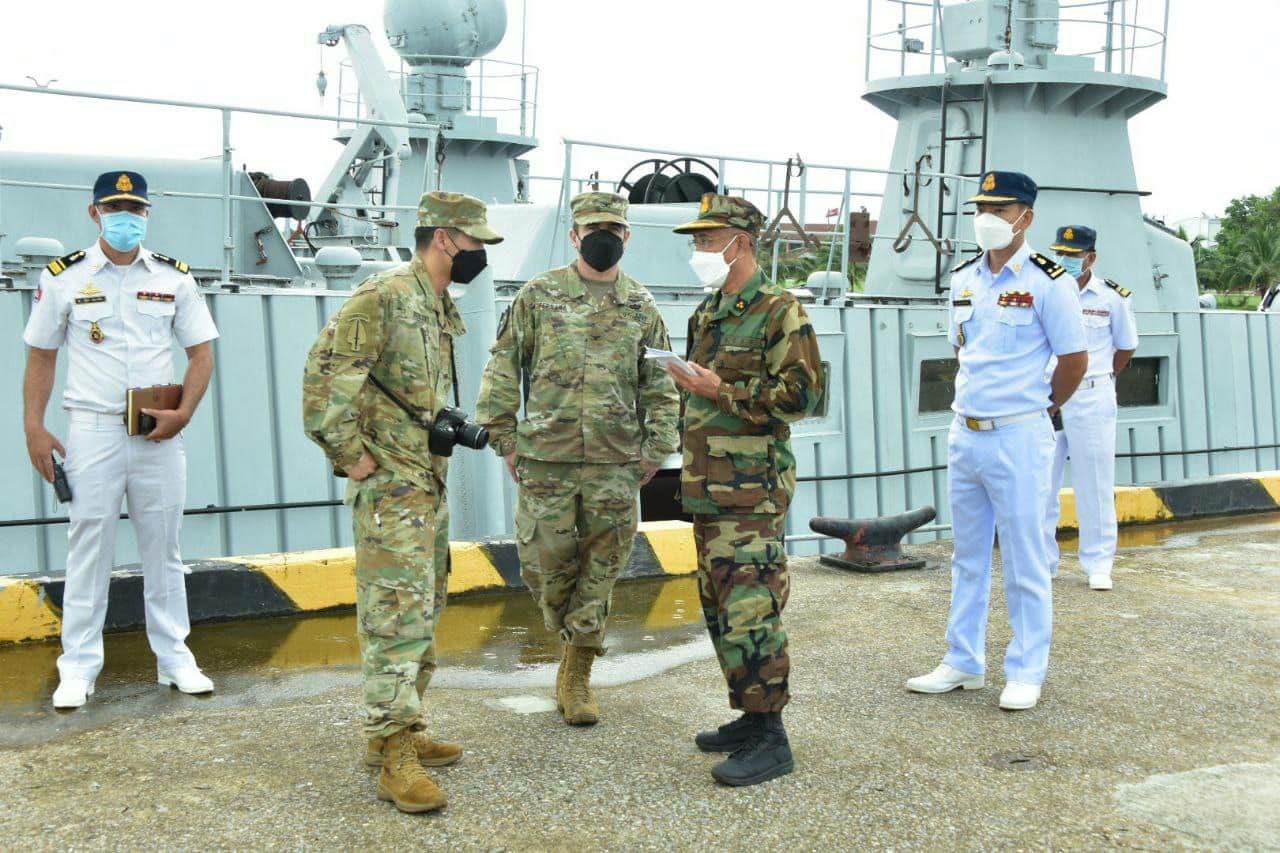
In its rather arrogant Facebook statement (yes, you read that right), the U.S went onto say that “regular” visits to Ream, with “full access”, would foster mutual trust. And that brings us to the main bone of contention. What’s really bothering Washington is that it thinks Cambodia has allowed China to build its own military base at Ream. Washington is worried that a permanent Chinese base would allow Beijing to dominate the South China Sea and effectively control access to Southeast Asia. Prime Minister Hun Sen has done his level best to explain to the U.S that Cambodia retains full, sovereign control of Ream and that China is merely funding and assisting with the base’s redevelopment. The Prime Minister has also repeatedly stated that, when completed, Ream will be available to any country that wishes to use it, either for port calls or for joint military exercises with the Royal Cambodian Navy.
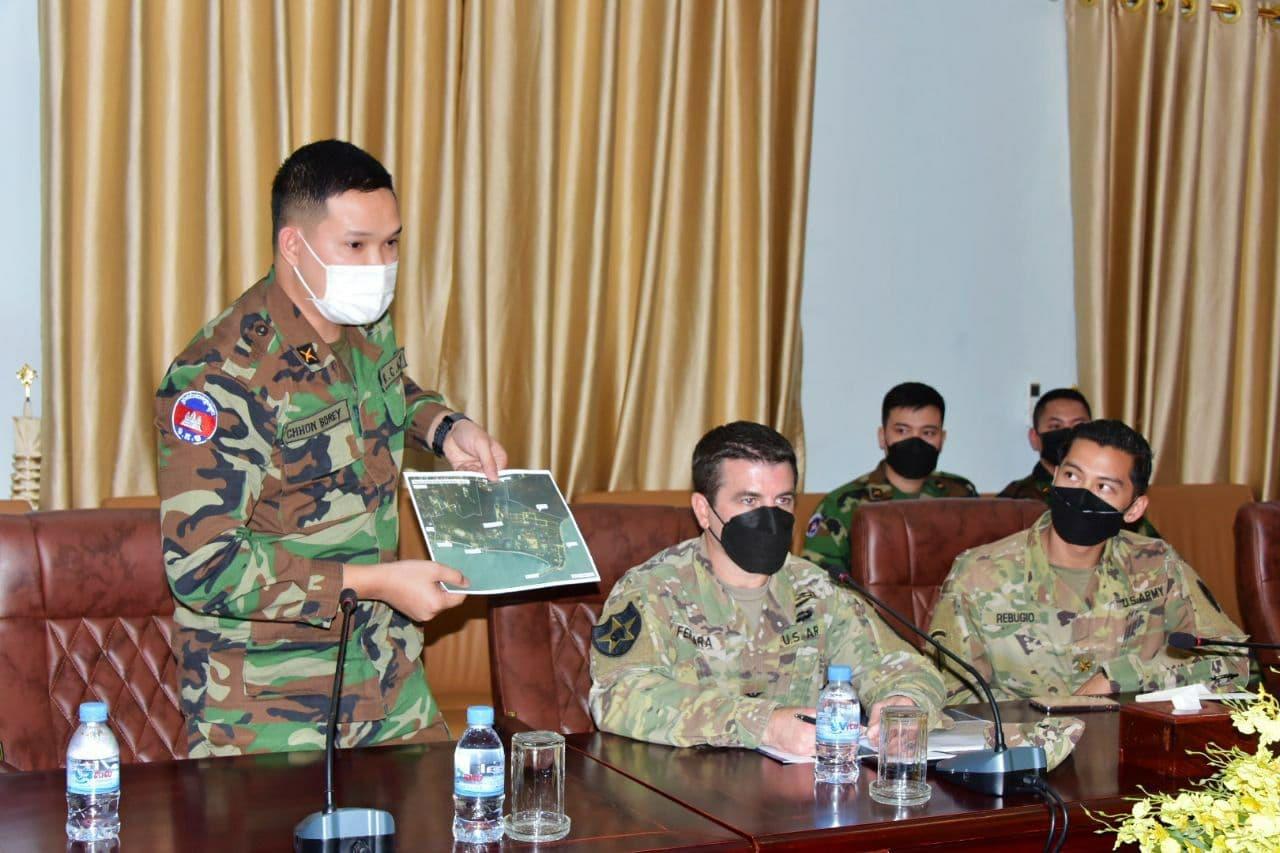
The U.S’ “full access” statement was widely condemned in Cambodia by politicians, commentators, and think tanks alike. It appeared to be a miscalculation, an overstep of authority and a fundamental misread of Cambodia’s relationship with China described most recently as “ironclad”. The simple fact is that Washington has left it too late. It has long refused to cancel Cambodia’s debt, a move that would have helped create a much better climate for it today. It is also not listening. Given all of this, one can’t help but wonder what game the U.S is playing in Cambodia. If it was seriously wanting to increase its influence in the country, its recent actions have only done it more harm than good.
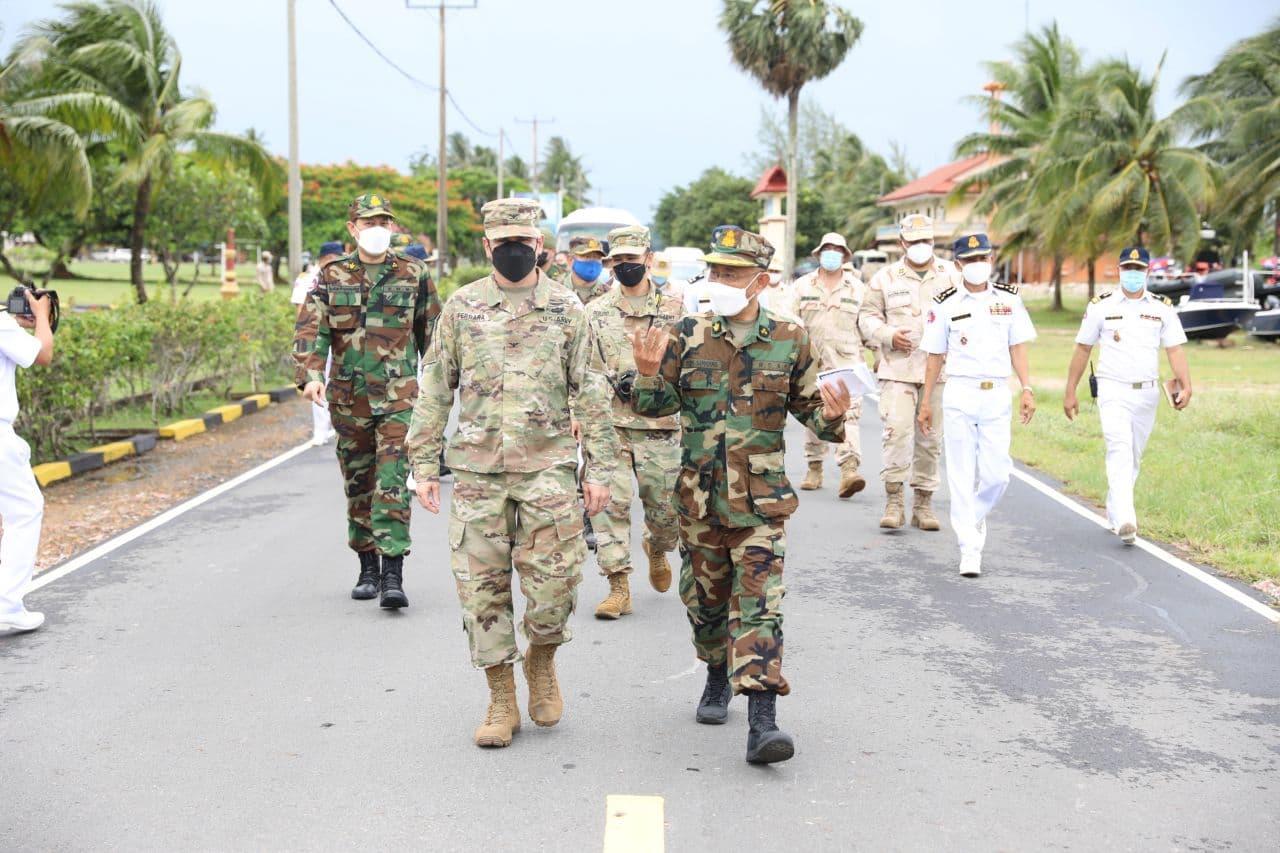
Two recent statements by Prime Minister Hun Sen have made it very clear that Cambodia is not interested in choosing one global power over another. Earlier this month, the Prime Minister said Cambodia would not get involved in the U.S and China’s “geopolitical battle” and also that Cambodia would not be “forced into a corner” by either nation. The Prime Minister has already said that the country welcomes aid from whichever country offers it. You only need to take a look around Phnom Penh to see evidence of foreign assistance and developmental investment from the likes of Japan, South Korea and Australia. China may dominate, but that has more to do with its “Belt & Road Initiative”, as well as geographic and cultural closeness than it does with Cambodia “taking sides” in a battle for global influence that does not serve the best interests of its people.
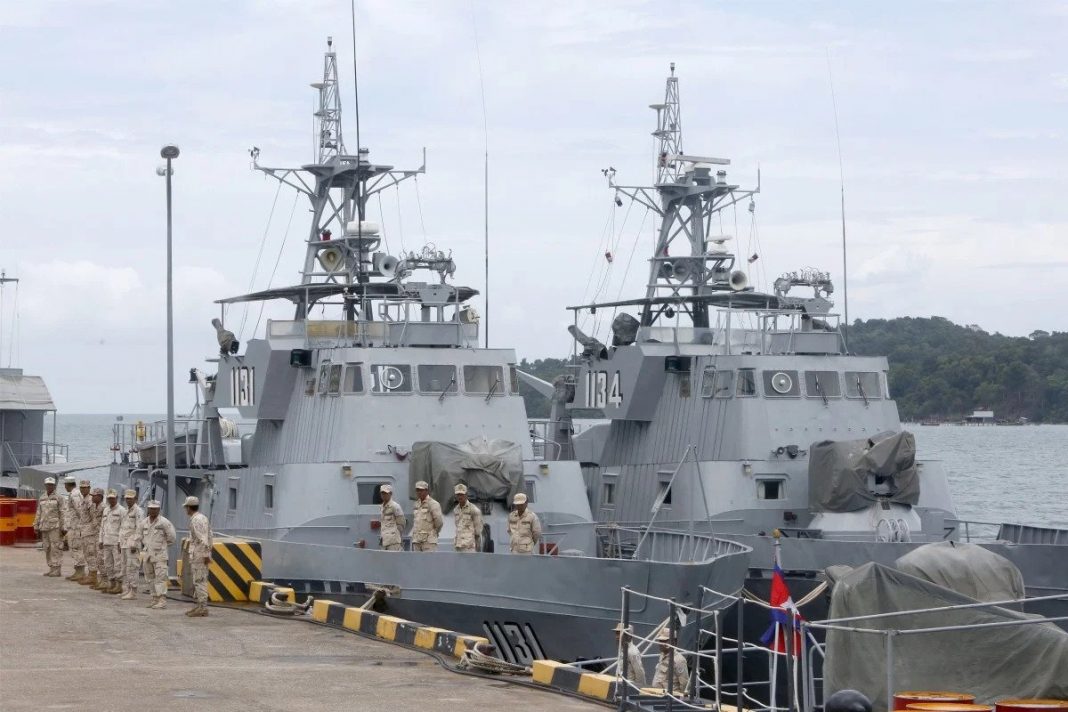
Since the “full access” statement, the U.S Embassy has come across like a sulking young child who wants to take their toys home. It has withdrawn $100-million in funding for an environmental protection program, citing the arrest of “environmental protesters”, even as video evidence is presented in court suggesting there’s more to the “Mother Nature” organisation than meets the eye. Perhaps the embassy and its ambassador would do better to wait for all sides of a story to be told, before issuing pithy and antagonistic statements on platforms such as Twitter and Facebook.
Given all of this, one can’t help but wonder what game the U.S is playing in Cambodia. If it was seriously wanting to increase its influence in the country, its recent actions have only done it more harm than good.
